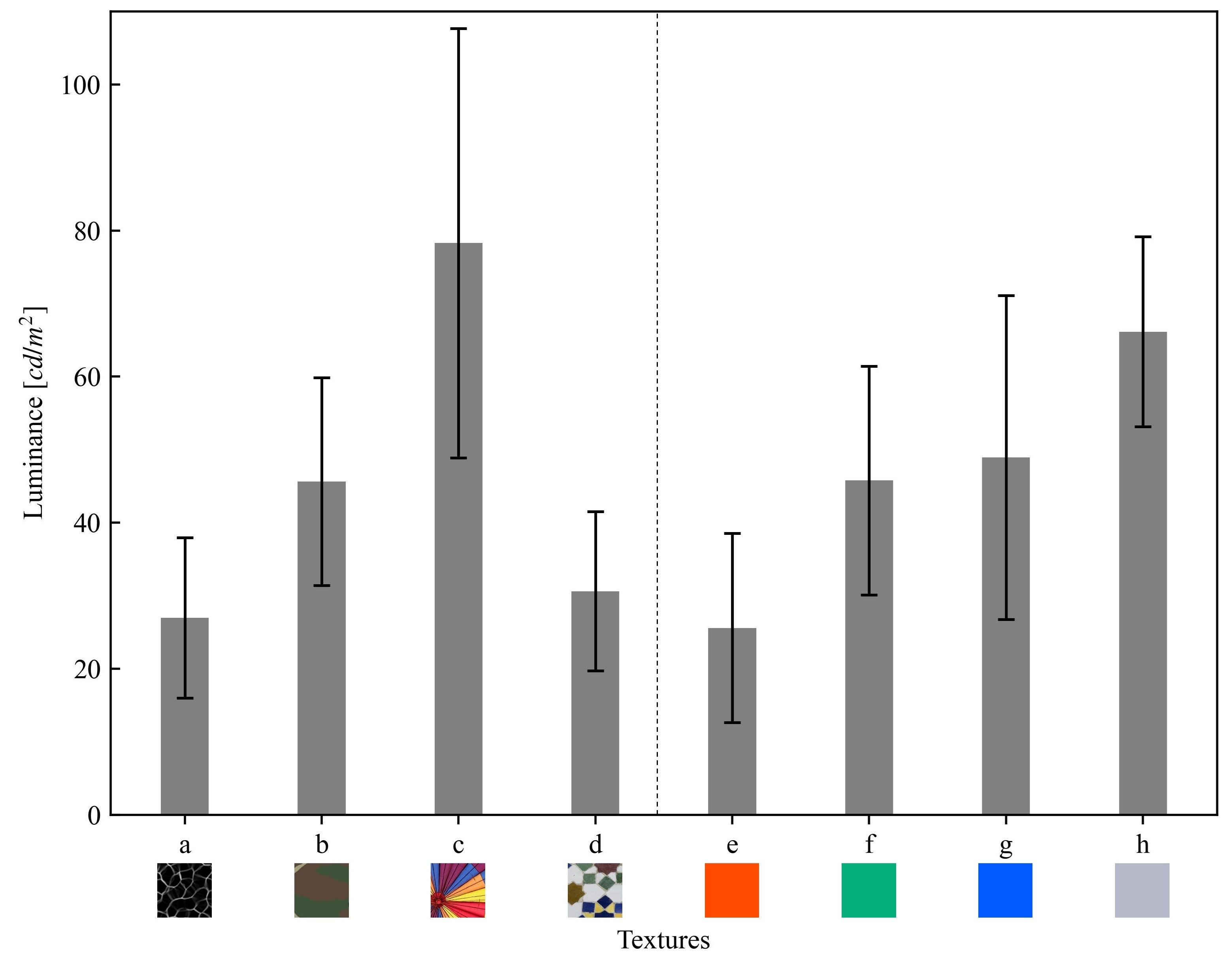Luminosity Thresholds in Projection Mapping
Frontiers in Virtual Reality 2025
Projection mapping alters the visual appearance of objects by projecting images onto their surfaces. Traditionally, its application has been limited to dark environments because the contrast of the projected image diminishes in environmental lighting. This often results in the target appearing self-luminous, creating a perceptually unnatural effect. Recently, however, projection systems have been developed that maintain high contrast even in well-lit environments. Studies have shown that projections in bright rooms can shift perception from an appearance of self-luminosity to one of being illuminated. This advancement holds significant promise for applications that require visual naturalness, such as product design. Nonetheless, the influence of projected content on perception and the underlying mechanisms of perceptual color transitions in projection targets remain unclear. In this study, we found that the presence or absence of patterns in the projected content affects the luminosity threshold at which the projection target is perceived as self-luminous. Previous research in perception has suggested that the visual system relies on intrinsic criteria to determine whether an object is self-luminous. However, our results revealed that in projection mapping, the internal reference for color perception, developed through observations of colors in daily life, does not always apply. These results indicate the existence of perceptual phenomena unique to projection mapping. This insight is crucial for product design, as it aims to achieve representations that closely resemble the appearance of real-world objects.
